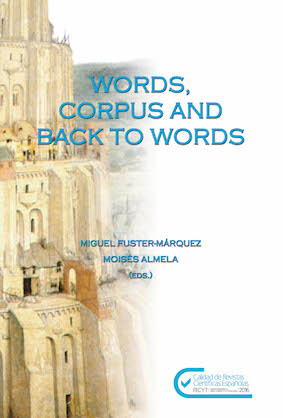Immigration metaphors in a corpus of legal English: an exploratory study of EAL learners’ metaphorical production and awareness
DOI:
https://doi.org/10.7203/qf.22.11310Keywords:
corpus linguistics, conceptual metaphor, metaphorical awareness, legal discourse, EAL learners Abstract
Abstract
Metaphor is central to human understanding and communication. It pervades our everyday language and also abounds in specialized discourse, with legal language not being an exception. This is particularly relevant since metaphors are powerful framing tools able to affect our worldview. With the aim of exploring the use that EAL law undergraduate students make of metaphorical expressions as well as their awareness of their connotations, a learner corpus was compiled and qualitatively analyzed. Results have shown that learners, like native speakers, rely on the use of conceptual metaphors such as MIGRATION IS A NATURAL FORCE, STATES ARE CONTAINERS or IMMIGRANTS ARE A THREAT to describe immigration issues. This exploratory study has also revealed that learners are not always conscious of the negative slant that metaphors may convey and that raising their awareness is key to enhance critical thinking.
 Downloads
Downloads
Published
How to Cite
-
Abstract765
-
PDF401
-
PDF (Català)521
-
PDF (Español)143
Issue
Section
License
 Este obra está bajo una licencia de Creative Commons Reconocimiento-NoComercial-SinObraDerivada 4.0 Internacional.
Este obra está bajo una licencia de Creative Commons Reconocimiento-NoComercial-SinObraDerivada 4.0 Internacional.
Authors who publish with this journal agree to the following terms:
- Authors retain copyright and grant the journal right of first publication with the work simultaneously licensed under a Creative Commons Attribution License that allows others to share the work with an acknowledgement of the work's authorship and initial publication in this journal.
- Authors are able to enter into separate, additional contractual arrangements for the non-exclusive distribution of the journal's published version of the work (e.g., post it to an institutional repository or publish it in a book), with an acknowledgement of its initial publication in this journal.
- Authors are permitted and encouraged to post their work online (e.g., in institutional repositories or on their website) prior to and during the submission process, as it can lead to productive exchanges, as well as earlier and greater citation of published work (See The Effect of Open Access).




